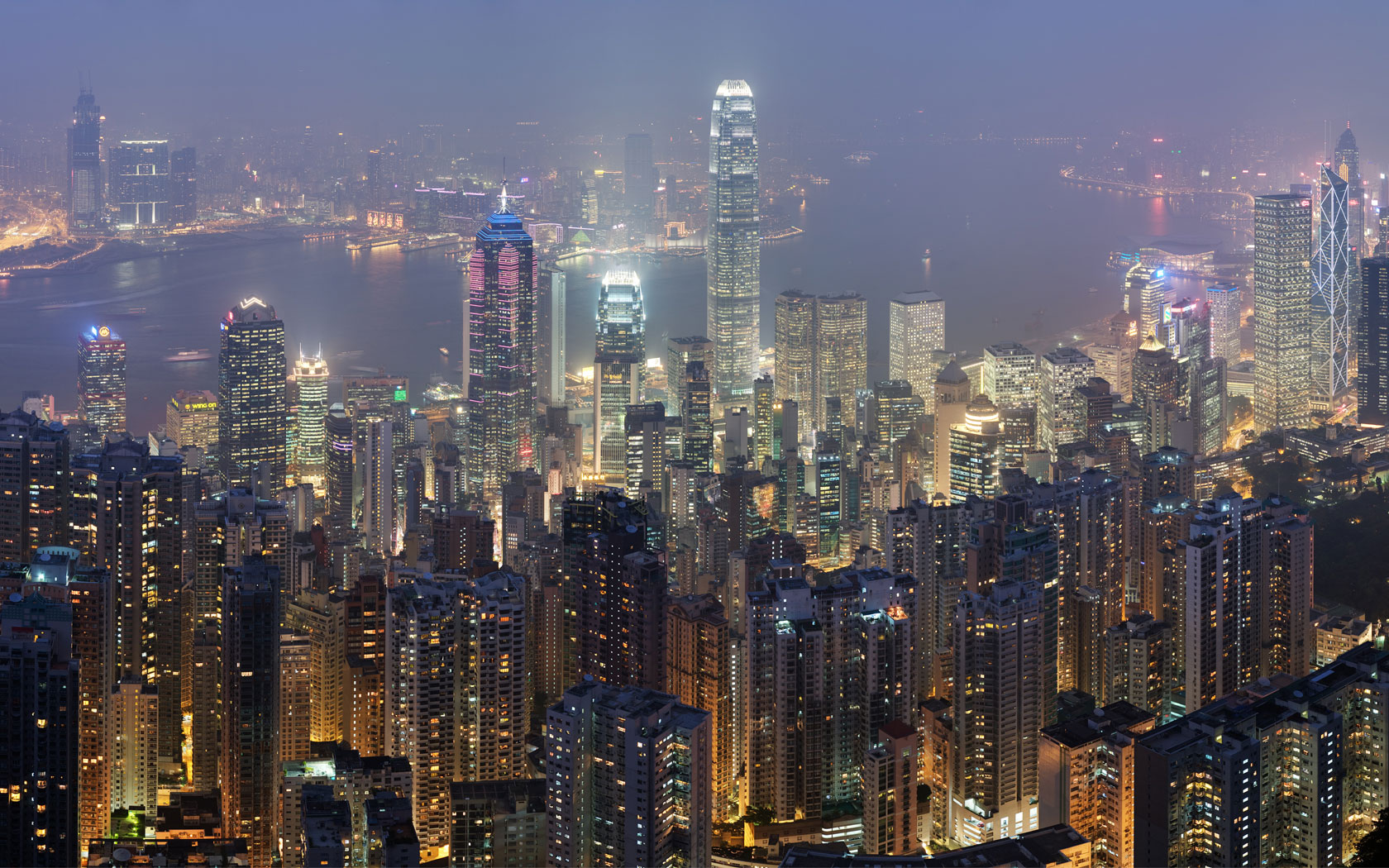Pakistan’s generals are ever more involved in running the country
BEFORE HE BECAME prime minister, Imran Khan was happy to hold forth about the role of the armed forces in Pakistan. They were so influential in politics, he told The Economist, only because civilian governments had been so ineffectual. Once in office, he said, he would change all that. Yet in early March, when his government lost an important Senate election, he did what he has done many times as prime minister, and rushed off to seek the advice of the high command, to the derision of his political adversaries.
For most of the period since independence in 1947, Pakistan’s army has either run the country directly, under military dictators, or pulled strings behind the scenes. Civilian politicians, in turn, have either rubbed along with the army or been ousted by it. No surprise, then, that far from Mr Khan putting the army in its place, opposition politicians contend that it was the army that awarded Mr Khan his current position. In return, they argue, Mr Khan has run a government of unparalleled subservience to the generals.
It is true that khaki tentacles seem to be reaching ever further into the business of government. For a long time retired generals have marched into ambassadorships and other sinecures. Jobs such as running the national disaster-management authority might come naturally to ex...























